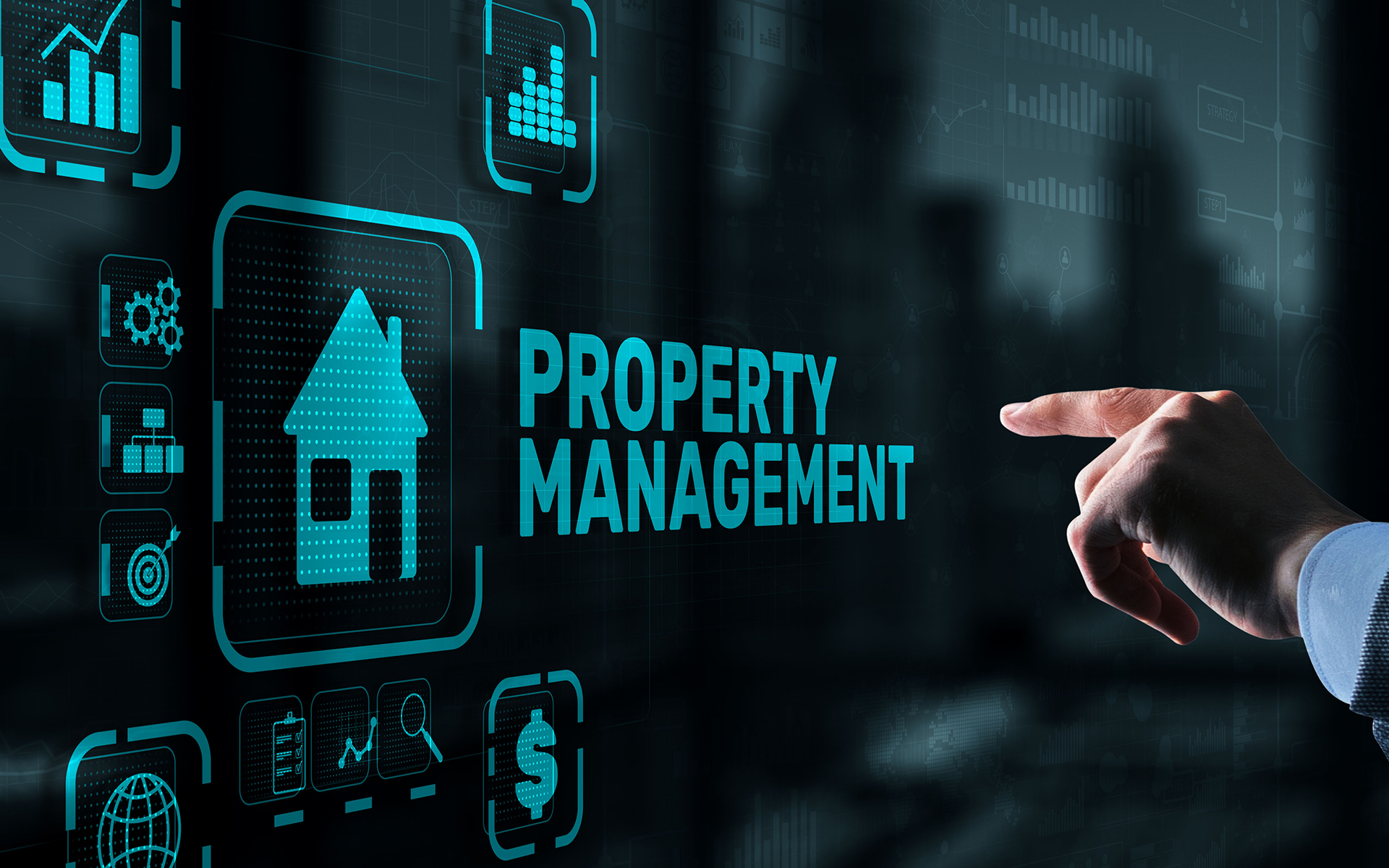Introduction: The Growing Need for Property Management Software
Property management has undergone a significant transformation with the advent of digital solutions. Traditionally, managing rental properties involved manual record-keeping, in-person tenant interactions, and a reliance on physical paperwork. However, with the rise of property management software, landlords, real estate agents, and property managers can now streamline operations, automate repetitive tasks, and enhance efficiency.
The increasing demand for automation and centralized management has driven the adoption of these platforms. Property management software simplifies critical processes such as rent collection, lease tracking, maintenance requests, and tenant screening. With cloud-based solutions, real estate professionals can access data anytime, anywhere, ensuring seamless management of multiple properties.
Beyond efficiency, these platforms improve tenant communication and ensure compliance with legal and financial regulations. Whether managing a single rental unit or an extensive real estate portfolio, property management software enhances organization, minimizes human error, and ultimately boosts profitability. As the real estate industry continues to embrace technology, adopting the right software solution has become essential for staying competitive and providing a smooth experience for both property owners and tenants.
Key Features to Look for in Property Management Software
When selecting property management software, it’s essential to choose a solution that offers a comprehensive set of features to streamline operations and enhance efficiency. The right software should simplify daily tasks while ensuring compliance with legal and financial regulations. Here are some key features to look for:
1. Lease Tracking and Tenant Management
A good platform should offer tools to store lease agreements, track expiration dates, and automate renewal reminders. Centralized tenant records help landlords and property managers stay organized and ensure smooth lease management.
2. Tenant Screening and Onboarding
Quality tenants are crucial for long-term rental success. Property management software should include background checks, credit history analysis, and employment verification features to help landlords make informed decisions when selecting tenants.
3. Maintenance Request Management
A built-in maintenance tracking system allows tenants to submit repair requests online, while landlords and property managers can assign tasks to contractors and track service progress. Some platforms even offer automated scheduling and cost tracking.
4. Automated Rent Collection and Financial Reporting
Automation is a game-changer for rent collection, reducing the risk of late payments and manual errors. Property management software should support online payments, automatic invoicing, and late fee enforcement. Additionally, financial reporting tools help track income, expenses, and tax deductions with ease.
5. Cloud-Based Access and Mobile Functionality
With cloud-based property management solutions, users can access their accounts from anywhere. Mobile-friendly platforms provide flexibility, allowing landlords and property managers to handle tasks on the go, such as communicating with tenants or reviewing financial reports.
6. Security and Compliance
Since property management software handles sensitive tenant and financial data, security is a top priority. Look for platforms with encryption, secure payment processing, and compliance with industry regulations such as GDPR or state-specific rental laws.
By focusing on these essential features, landlords and property managers can choose a software solution that enhances productivity, minimizes administrative burdens, and ensures a seamless property management experience.
Best Property Management Software for Small and Large-Scale Landlords
Choosing the right property management software depends on the size of the rental portfolio and specific business needs. While individual landlords may require basic tools for rent collection and tenant management, large-scale real estate firms need advanced automation, reporting, and integration capabilities. Below is a comparison of top property management software solutions based on business size.
2. Best Software for Medium to Large-Scale Landlords & Property Managers
For those managing multiple properties or working with teams, scalability and automation features become essential.
- Buildium – A popular choice for property managers handling residential and commercial properties. Features include online payments, accounting, maintenance tracking, and tenant portals.
- AppFolio – Designed for large property management firms, AppFolio offers AI-powered leasing, advanced accounting, and customizable workflows. Best for managing multiple properties at scale.
- Yardi Breeze – A flexible solution that caters to both small and large landlords. It includes marketing tools, rent collection, maintenance tracking, and financial reporting.
3. Factors to Consider When Choosing Property Management Software
- Scalability – Choose a platform that grows with your business, offering additional features as your portfolio expands.
- Pricing – Subscription-based pricing varies widely. Small landlords may prefer pay-per-unit models, while large firms benefit from all-in-one solutions.
- Integration – Consider software that integrates with accounting tools, CRM systems, and marketing platforms for seamless management.
By selecting the right property management software based on portfolio size, landlords and real estate firms can improve efficiency, reduce administrative burdens, and enhance tenant relationships.
Integration with Other Real Estate Tools and Platforms
In today’s digital landscape, property management software must seamlessly integrate with other real estate tools to maximize efficiency. Integrations with CRMs, accounting software, MLS databases, and payment gateways allow property managers to streamline their operations, reduce manual work, and improve overall data accuracy.
Why Integrations Matter
Managing properties involves multiple processes, including tenant communication, lease tracking, financial reporting, and marketing. Instead of juggling multiple standalone applications, property management software with robust integration capabilities allows for:
- Centralized Data Management: Syncing data across platforms prevents duplicate entries and reduces errors.
- Automation of Tasks: Rent collection, financial reporting, and lease renewals can be automated through connected systems.
- Improved Collaboration: Teams can access relevant data in one place, enhancing decision-making and communication.
Key Software Integrations to Look For
- Customer Relationship Management (CRM): Helps property managers track leads, communicate with tenants, and manage follow-ups efficiently. Example: Buildium integrates with HubSpot and Salesforce.
- Accounting Software: Integration with QuickBooks or Xero enables automated financial reporting and tax preparation.
- MLS & Listing Platforms: Syncing with MLS databases ensures up-to-date property listings and easy syndication.
- Payment Gateways: Software like AppFolio and Y
Conclusion: Choosing the Right Property Management Software
Selecting the right property management software is crucial for optimizing operations, enhancing tenant satisfaction, and ensuring financial accuracy. The ideal solution will depend on factors like the scale of your property portfolio, your team’s needs, and the specific features required to streamline day-to-day tasks. Features such as automated rent collection, maintenance management, integrated accounting, and strong scalability are essential for maintaining efficiency across growing portfolios.
When evaluating property management software, it’s important to consider the integration capabilities with other tools like CRM, MLS, and payment systems. Seamless integration ensures smooth workflows, accurate data synchronization, and improved collaboration between all involved parties.
As technology continues to shape the real estate industry, platforms like redbriQ offer a comprehensive suite of tools designed to simplify property management and improve business operations. Explore how redbriQ’s seamless integrations and advanced features can help you manage properties with ease and efficiency.



